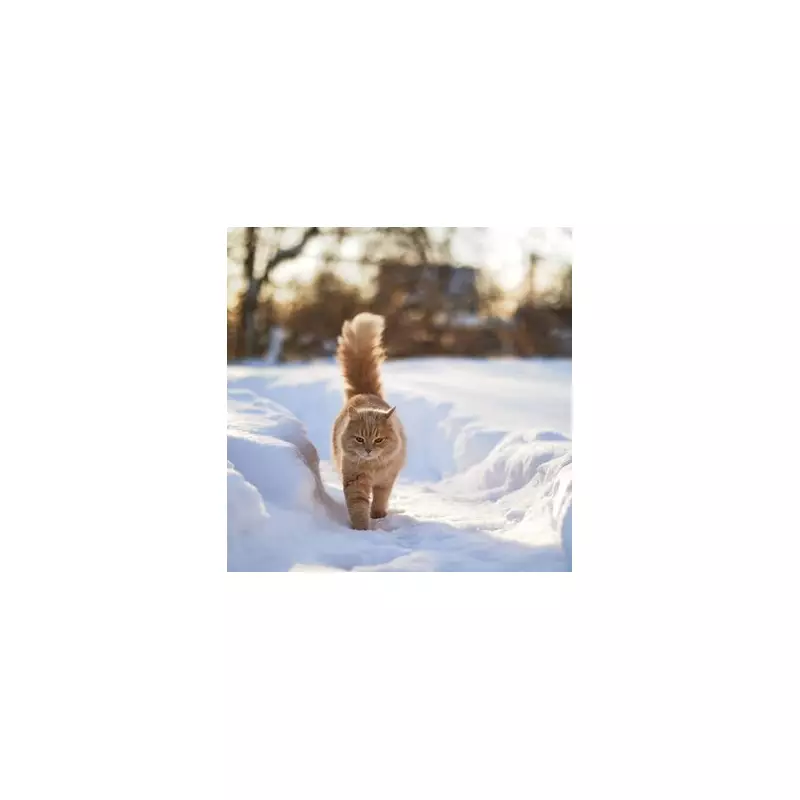
As the winter chill tightens its grip across the UK, a leading veterinarian has issued a crucial warning to cat owners, pinpointing the exact temperature when it becomes dangerously cold for felines to venture outside.
The Critical Temperature Guide
Veterinarian Dave from the Bath Veterinary Group has taken to social media to provide clear guidance for concerned pet owners. Through a video on the Pet Health Club's TikTok page, he outlined specific temperature thresholds that determine the safety of outdoor conditions for cats.
When outdoor temperatures range between 10-19°C, conditions are generally safe for most cats, according to Dr Dave. However, he emphasised that some vulnerable felines, including elderly cats or those with thinner coats, may require additional warmth even within this temperature band.
When Caution Becomes Essential
The situation becomes more serious as the mercury drops. Dr Dave explained that temperatures falling below 10°C should prompt owners to become more vigilant. At this point, cats can become uncomfortable, making it crucial to provide them with access to warm shelter.
When temperatures plunge further into the 0-6°C range, the veterinarian categorises this as presenting a 'medium health risk' to feline companions. Extended exposure to this level of cold can prove dangerous, and the RSPCA recommends keeping cats indoors overnight during such conditions.
The Danger Zone: Below Freezing
The most critical warning comes for temperatures dropping below 0°C. Dr Dave states unequivocally that this is 'dangerously cold' with a high risk of frostbite and hypothermia. He advises keeping cats indoors regardless of their protests, ensuring they remain warm and comfortable.
For cats accustomed to outdoor access, maintaining clean indoor litter trays becomes particularly important during forced indoor stays. Providing additional food helps sustain their energy levels during colder periods.
The RSPCA highlights additional winter hazards including antifreeze and rock salt, which can be toxic to cats if consumed. They also recommend ensuring your cat is easily visible to motorists during darker winter days and suggest regular grooming to help cats shed their summer coat and allow their winter coat to develop fully.
Always conduct thorough research for your specific pet's needs and consult your veterinarian directly with any concerns or queries about your cat's winter welfare.






